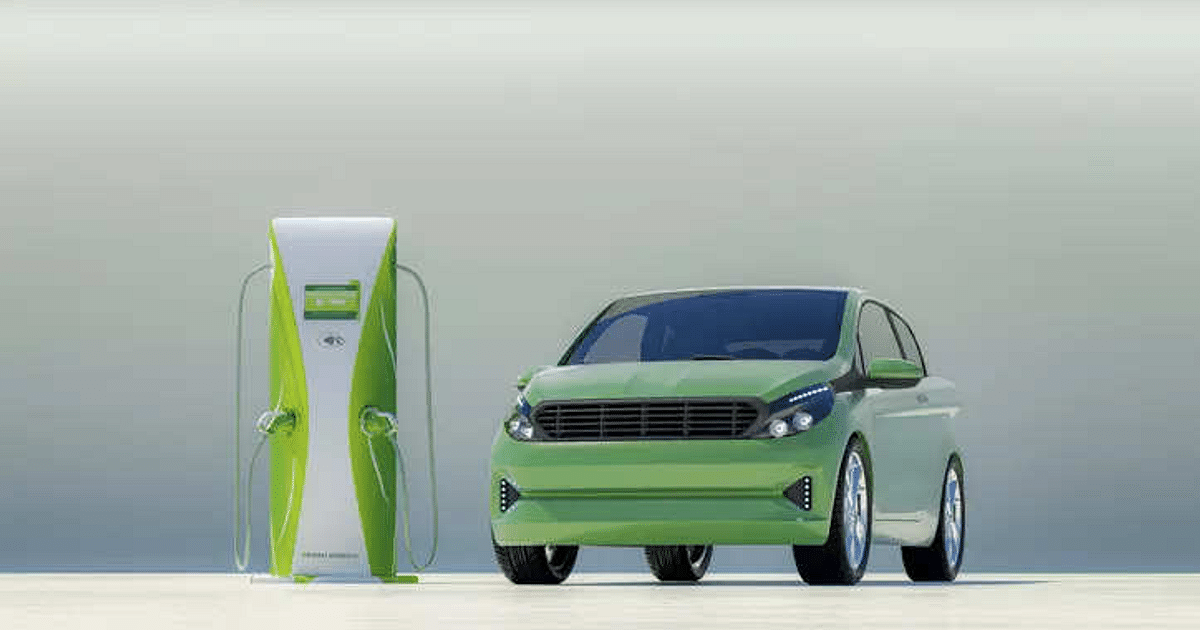Electric Vehicle (EV) There are vehicles that are powered by electric motors, they do not use fossil fuels, such as gasoline or diesel, EVs do not use fossil fuels, so they can contribute to the reduction of pollution. EVs are more efficient than gasoline or diesel vehicles. They can reduce fuel consumption, which can also reduce the cost of operation. With the cost of EVs coming down over time, they are becoming more affordable now and may lead to lower operating costs in the long run. But there are many types of electric vehicles, today we will discuss in detail about all types of electric vehicles.
Battery Electric Vehicle (BEV)
BEVs are the most common type of EV. They get energy from the battery, which is located under or at the rear of the vehicle. The battery is charged from an electric outlet. BEVs do not emit any pollutants, which means they do not give off carbon dioxide or other pollutants. They also reduce fuel consumption and can be cost effective. BEVs have some limitations. Their range can be limited, which means they need to be charged frequently. They can also be expensive, even though their cost of ownership and operation may be lower in the long run.
Hybrid Electric Vehicle (HEV)
HEV is a hybrid vehicle with a conventional gasoline engine and an electric motor. The electric motor is switched on when the vehicle is driven at low speed or when the brakes are applied. This helps in reducing fuel consumption. HEV has some limitations. They are less environmentally friendly than BEVs because they still use gasoline. They can also be less economical than BEVs because they require maintenance and repair for both a gasoline engine and an electric motor.
Plug-in Hybrid Electric Vehicle (PHEV)
A PHEV is similar to an HEV, but contains a larger battery pack that can be charged externally. The PHEV can be driven purely on electricity for a few kilometers, but when the battery runs out, the gasoline engine kicks in. PHEV provides a good balance between HEV and BEV. They are more environmentally friendly than HEVs because they use more electricity. They can also be more economical than BEVs as they require only a few hours to charge.
Full Hybrid Electric Vehicle (FCEV)
The FCEV gets its energy from a hydrogen fuel cell. Hydrogen fuel cell converts hydrogen and oxygen into water and electricity. FCEVs can be filled with hydrogen in just minutes and can travel long distances. FCEVs are the most eco-friendly type of EV. They have the potential to make the biggest contribution to pollution reduction. They may also be more expensive than BEVs and PHEVs as hydrogen fuel cells are still under development.
Electric vehicles a growing market
Overall, electric vehicles are a growing market with the potential to help protect the environment. They can reduce fuel consumption and reduce pollution.

